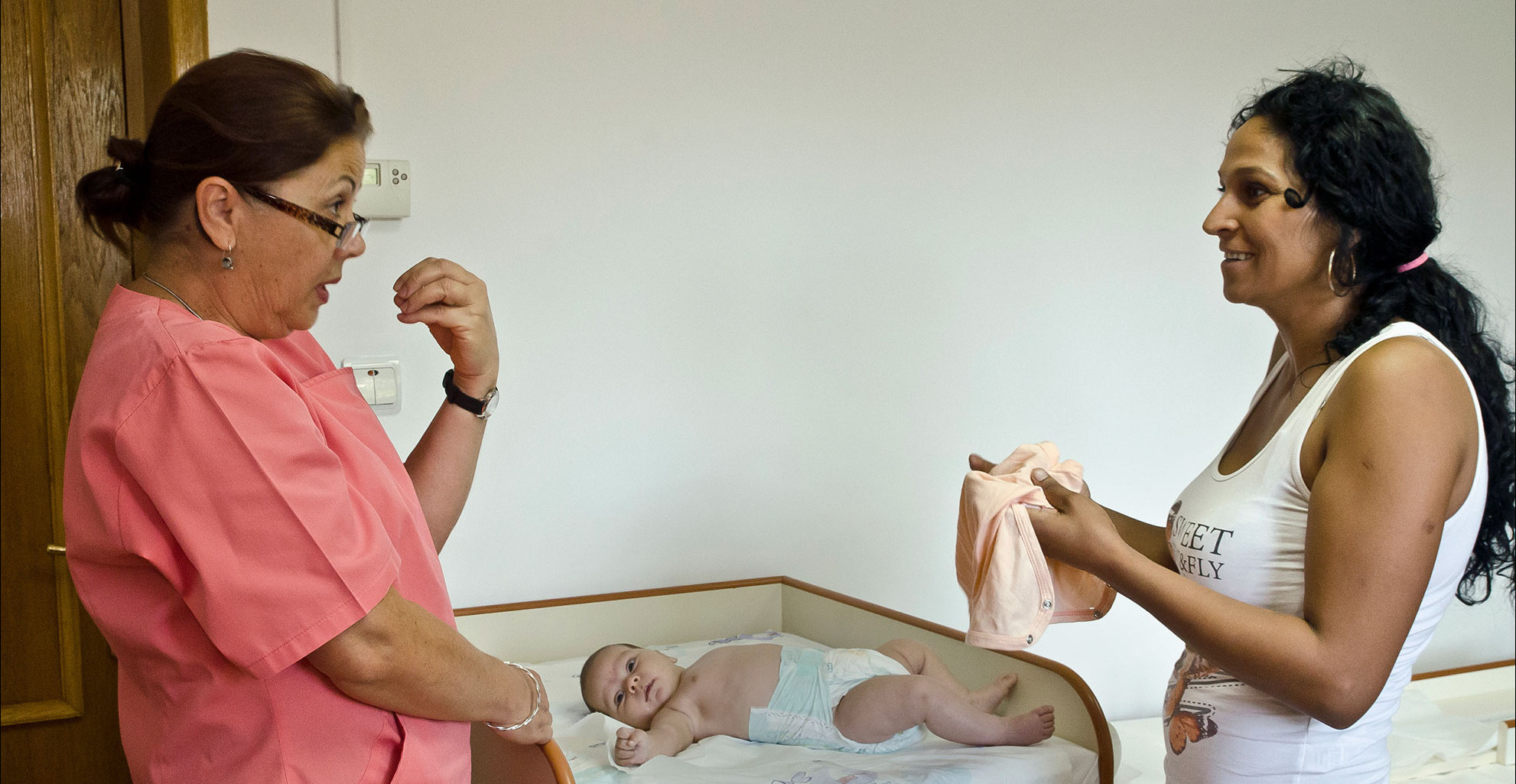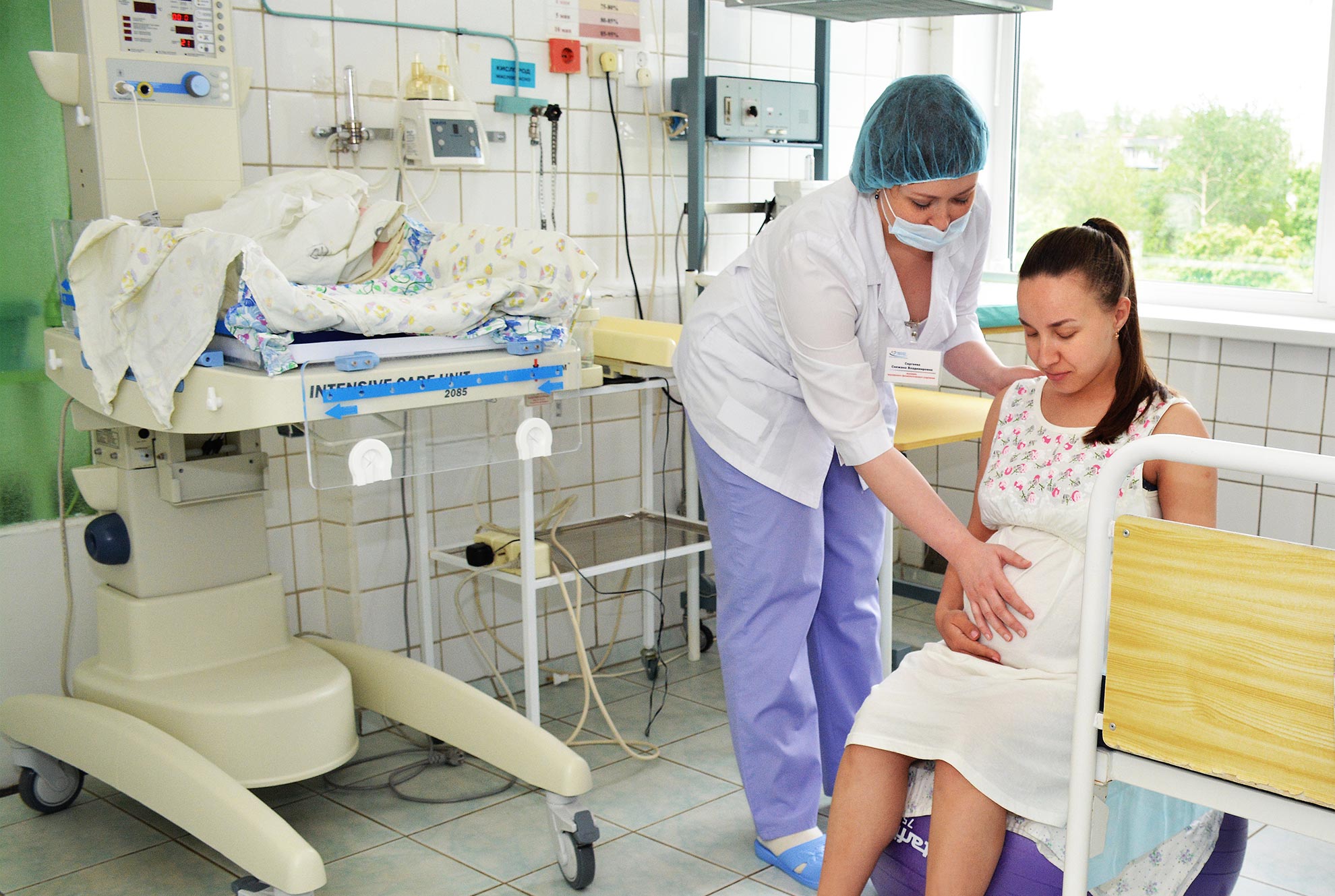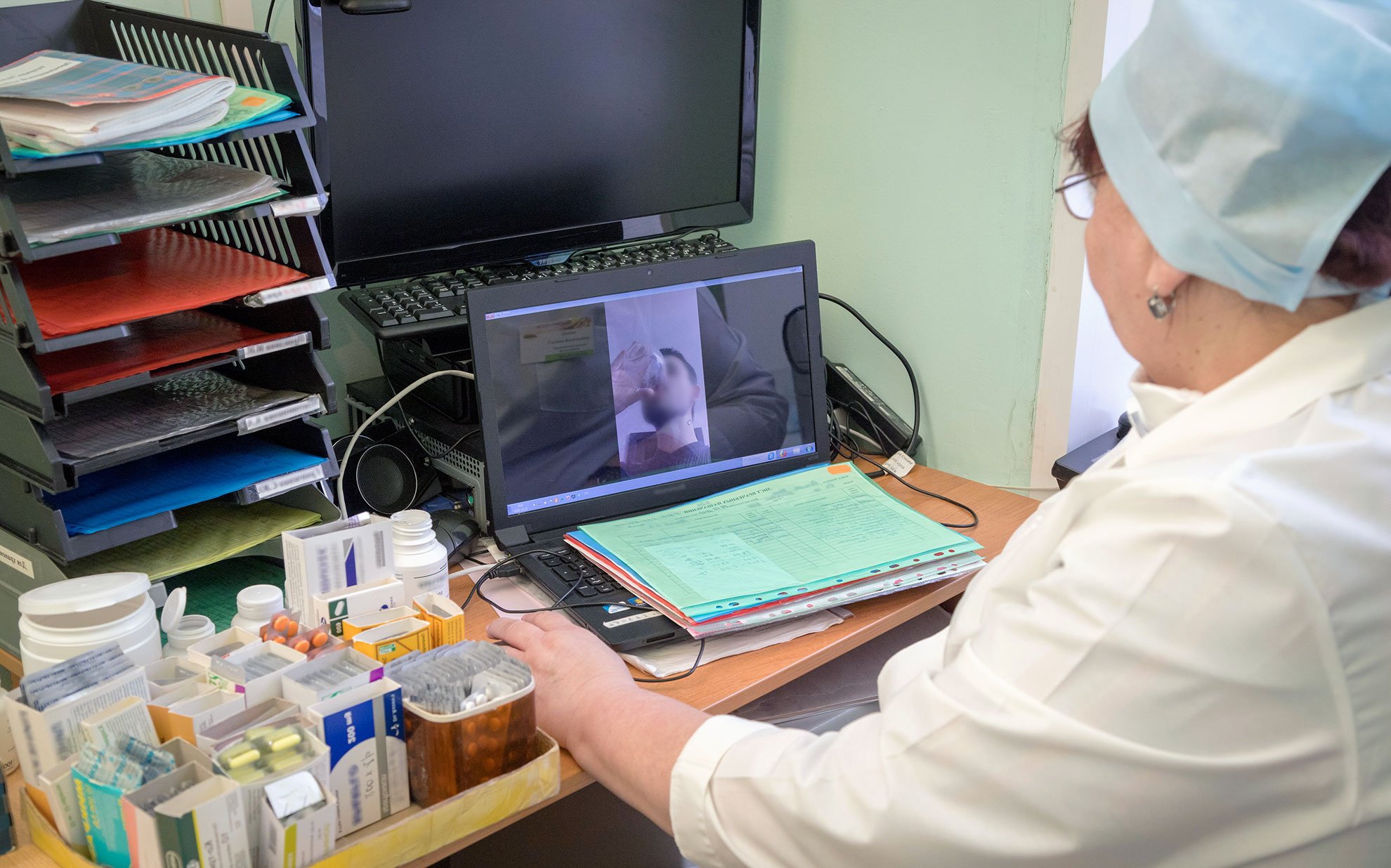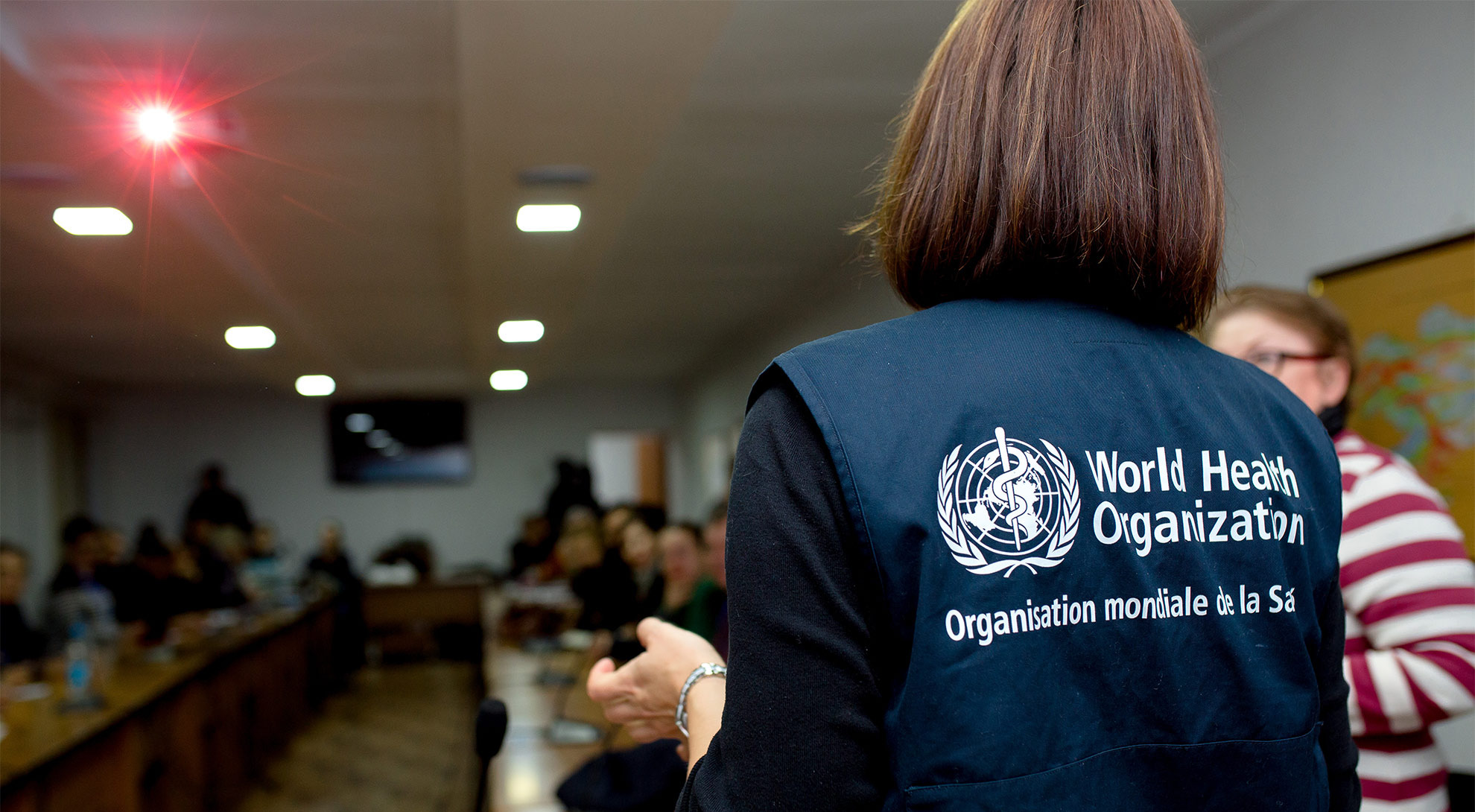About health emergencies in the European Region
The Health Emergency programme: Designed around the health emergency management cycle
The WHO Health Emergencies Programme (WHE) provides the Organization’s response to increasingly demanding crises. As one programme across all levels of the Organization, the WHE is geared to better protect people from health emergencies by establishing people-centred health systems which can detect, assess, communicate and respond to crises in a matter of hours.
WHO has many roles in supporting countries to prevent, prepare, respond and recover from emergencies: as a sentinel giving early warning of impending threats; as an expert sharing hard-won experience from previous crises; as a communicator and promoter of international standards; as a coordinator of health partners providing life-saving interventions on the ground; as a repository of emergency help and long-term support; and as an organization that remains on the ground after others have left.
Each country is unique, so the WHE programme tailors its support to each country’s specific situation. This means looking at the key hazards the country faces, its vulnerability to emergencies and its health system’s capacities to prevent, prepare and respond to emergencies. It also means that WHE staff are there when an outbreak starts and when disaster hits, and are the first to intervene and assess national needs. WHO’s new vision under the 13th General Programme of Work (GPW13) 2019−2023 makes health emergencies one of three strategic priorities and puts countries at the heart of WHO efforts.
WHO's Thirteenth general programme of work 2019−2023 - Health Emergency priorities:
- build and sustain resilient national, regional and global capacities required to keep the world safe from epidemics and other health emergencies; and
- ensure that populations affected by acute and protracted emergencies have rapid access to essential life-saving health services including health promotion and disease prevention.
WHO’s work to strengthen emergency preparedness in Member States goes hand-in-hand with efforts to help countries meet their obligations under the International Health Regulations (IHR) (2005). The IHR constitutes a unique global framework to protect people from health emergencies or minimize their impact, whereby countries commit to reporting public health emergencies of international concern and to strengthening capacities to manage the risks from all types of hazards.
Country capacity-building under the IHR, together with WHO-supported national, regional and global preparedness efforts, has already increased the capacity to respond to a range of public health threats in Europe. However, much remains to be done.
The Action Plan to Improve Public Health Preparedness and Response in the WHO European Region, which was agreed upon by Member States in 2018, bonds countries with comparable levels of capacity and capability to avert or respond to emergencies. The approach of linking emergency preparedness with health systems strengthening and essential public health functions represents a breakthrough on the way to universal health coverage.









